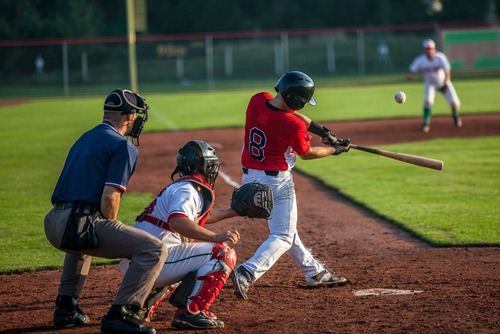
If You Were Hit at a Baseball Game With a Bat, Can You Sue?
In June of 2015, a 44-year-old woman was at a Red Sox game at Fenway Park with her 8-year-old son and her former boss when she was struck in the face by a piece from a broken bat that was swung by Oakland Athletics batter Brett Lawrie. She was responsive, and her condition upgraded from serious to fair, which received a lot of support from many people. After the incident, Major League Baseball took measures to reexamine fan safety at ballparks and fully participate in that process to make sure that injuries do not occur. Because of the accident, a debate was reignited around a controversial standard that states that stadium owners and operators are not responsible for injuries caused by foul balls or pieces of shattered bats, so long as netted or screened seats are in place for a reasonable number of spectators. But the real question is: Can she sue for her injuries?
Premise Liability Explained
Under premise liability, which would normally apply to her case, owners of property have a certain duty to make sure people on their property are protected from injury. When it comes to business guests and invitees, business owners have a responsibility to protect guests from foreseeable harm. The courts may see balls and bats flying into the stands as a foreseeable harm for the sole fact that it happens frequently at games. The owners of Fenway Park breached a duty to protect somebody when a flying bat entered the stand due to lack of a screen being in front of it to shield guests.
However, there is an exception known as Baseball Rule. This rule imposes on fans and spectators a duty to watch out for flying objects like bats, and take a reasonable duty to protect themselves. There is also a zone of danger, which is where the risk may be obvious but is unavoidable without protection. If a fan chooses to sit in an area without netting, then they assume the risk of getting hit. What is assumption of the risk? This is a case where a plaintiff would not be able to recover damages due to the fact that he or she voluntarily participated in an activity that caused the injuries.
Comparative Negligence and Risk
Under the rule of comparative negligence, the plaintiff’s negligence is weighed against the defendant’s negligence in a comparison. Even if the woman injured assumed the risk of injury by sitting in an unscreened area at the game, her recovery may not be completely barred by assumption of the risk. The court may find the stadium owners to be partially responsible and, in that case, she would still be able to recover some damages.
She may sue for her injuries, and a court may reduce her compensation if it finds that she assumed the risk and was partially negligent. If you or a loved one was injured at a baseball game, you may have a case. You can speak with an experienced attorney at MDL today to get an evaluation of your claim.


















